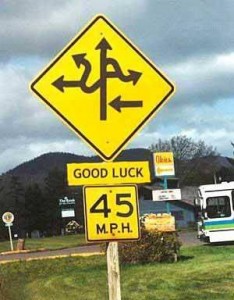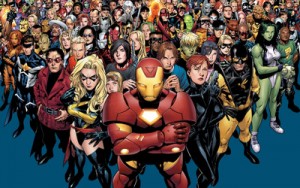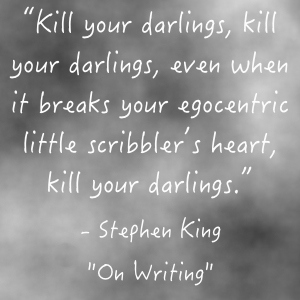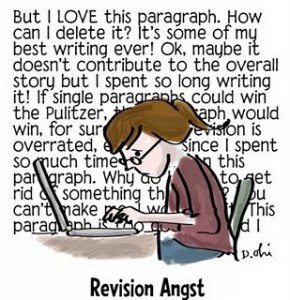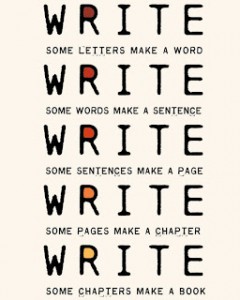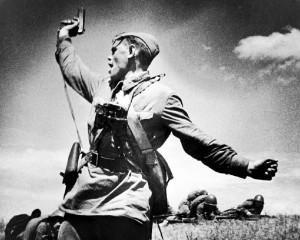Stars: 2.5 out of 5.
This is the first book in a new series and as such, it has the thankless task of introducing a brand new world and new characters while keeping it interesting with a good plot. Because of that, I always try to be more lenient when reading and reviewing them.
All in all, The Shadow Revolution was an entertaining read. The plot moved along at a steady pace with the right balance of action and explanation to keep it interesting but also give the reader time to breathe between action-packed scenes.
I liked the two main protagonists as well. Simon Archer is a spell-casting scribe as well as a dandy, well known in the upper society circles for his romantic conquests. Kate Anstruther is an alchemist as well as a true lady who never loses her composure even in the heat of battle. It was interesting to see those two very different people try and work together and slowly move from grudging mutual respect to admiration and then even affection.
However, that’s where the good ends and the problems start. There isn’t much to say about the supporting characters, which was disappointing. I almost felt like they were a collection of stereotypes.
Nick Barker, Simon’s mentor and friend, prefers getting drunk in a pub than risking his life battling the things that go bump in the night. It’s hinted that he is powerful and rather old, but nothing in his behavior throughout the book really shows that.
Then we have Imogen, Kate’s younger sister, who is a carbon copy of one of the air-headed sisters from Pride and Prejudice. She is rebellious against the control her sister has over her life and sure of her own feminine powers over men at the beginning of the book, then vulnerable, driven mad and otherwise useless for the rest of the book. Basically, Imogen gets fridged just to drive Kate’s character development and involvement in the whole story, which is a cheap move, in my opinion.
Malcolm MacFarlane is another walking stereotype – a Scottish monster-hunter who embodies all the tropes about Scotsmen that I hate. He is loud, he is rude, he is boorish and uneducated, oh, and he has a short temper. Really? I’ve lived a year in Edinburgh, I can assure you that not all Scottish people are like that. In fact, most of them are not. It’s like saying that all Russians are drunks, or that all French wear berets and those ridiculous striped sweaters. I call that lazy worldbuilding.
Speaking of worldbuilding, it’s next to non-existent. I know that it’s hard to find the right balance in a book between showing the reader this new world the author has created and not boring them to death with info dumps, but the authors went into another extreme – they put no world building whatsoever. It feels like they decided that just indicating that their story takes place in Victorian London is enough. Well, it’s not.
The world is a jumbled mess in this book. We have Victorian Society. We have magicians. We have werewolves. We have other creatures. But how all that works, we have no idea. The authors didn’t deem it important to explain the rules of their own world. So there are scribes and alchemists and other kinds of magicians, but what kinds? How do they differ? How do they coexist? No clue. There are brief mentions of an Order of mages that existed before, but is gone now, other than that – nothing. I don’t need long info dumps. I’m more than willing to stick along for the ride and progressively discover more about the world, but I need at least some breadcrumbs to keep me going. I need to understand the rules to still be interested in the story. Here, I felt like the characters were just running through cardboard decoration, not a living breathing world.
As I said at the beginning, this is the first book in a series, so I’m willing to give it the benefit of doubt. Hopefully the next one will flesh out this world a bit more. If not, I don’t think I’ll stick with this series.
PS. I received an advanced copy of this book courtesy of NetGalley in exchange for a honest review.



